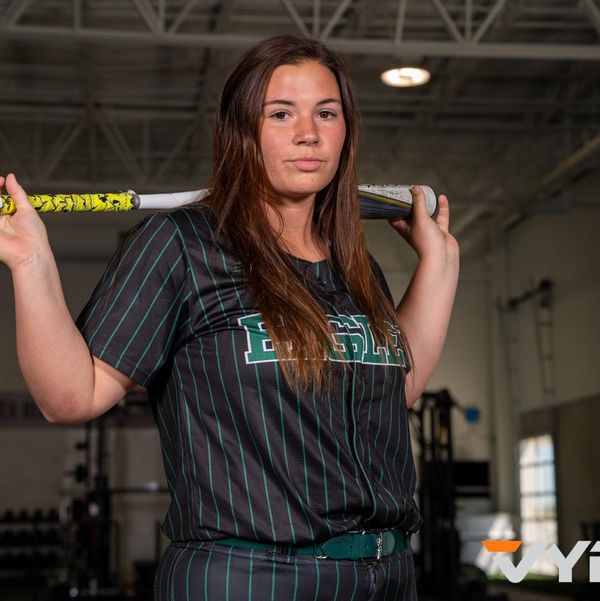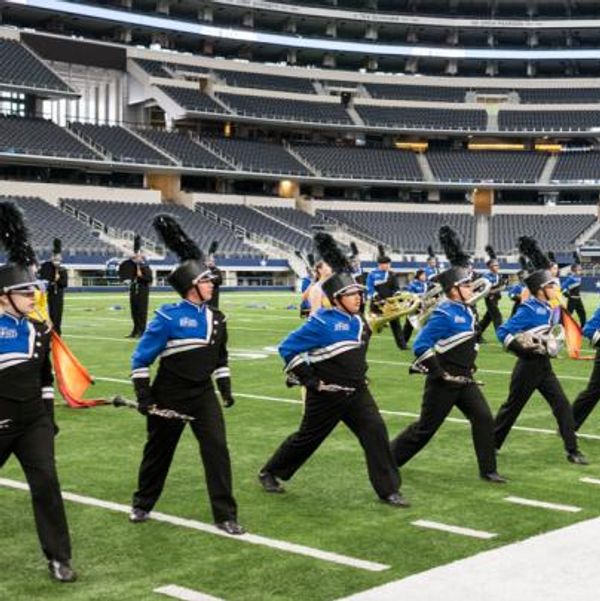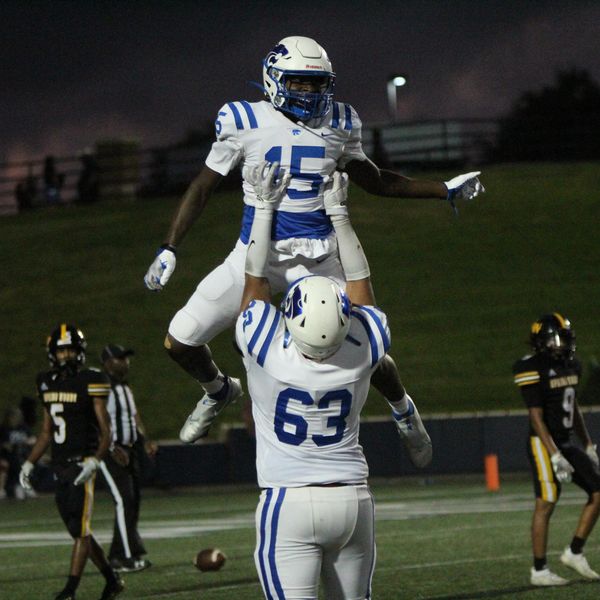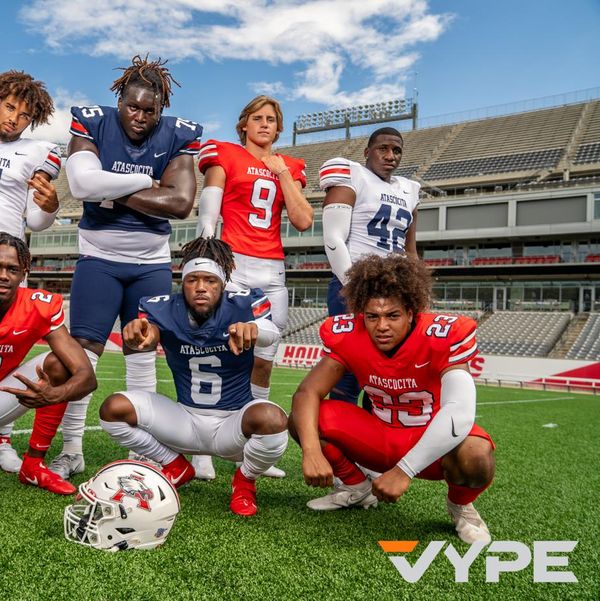Going into my last day of school, I had a mix of anxious emotions. I had a test right before the break, an all-day track meet that would complicate such test-taking, and the growing feeling of 'why am I still surrounded by all these people' amidst a global viral outbreak.
I left for the meet after first period and frantically studied my notes on the bus. Thankfully, my teacher was also the jumping coach. I finished my last graded assignment on my phone, in a lawn chair, next to a long jump pit of all places.
Now came the performance anxiety. I remember warming up at high noon, with dead legs and a wary mind. I kept telling myself: 'just get these two laps over with, get a ride straight home, and then we can binge the college basketball conference tournaments.'
I finished 3rd in the 800m with a 2:02, but that's not important. As much as I wanted to protect myself from the virus, it had dawned on me after the race that this could have been my last meet—every senior's last meet. I knew some of the seniors craved another chance to rewrite the ending to their long careers. I held this bittersweet relief knowing that I finished on the podium.
My heart aches for the seniors in other sports who lost their final spring seasons.
As for track and field, we are in limbo. Every senior knows the feeling of 'senioritis.' It's mostly referenced in jokes from teachers and excuses from such students. The lack of motivation—not associated with clinical depression—mostly plagues classrooms full of guaranteed future college students who don't need to stress about grades.
Yet, as an athlete who doesn't know if his season will be canceled, my mental fortitude to train everyday has severely struggled. It's as hard to run now as it was three years ago when I first started. Staying at home in a chair most of the day doesn't help either.
We are caught in a dilemma: put all your waning strength into training and possibly see your season cancelled, or give up and enjoy a much deserved retirement, only to see everyone else beat you at the season's end. I currently stand in the middle. My times in my personal track workouts have sadly regressed, but I can sleep easier knowing I offered my daily contributions to the sport.
Running through the neighborhood my last few times before college, I've seen a lot more people walking, riding their bikes and enjoying the spring weather. Of course, these people wear masks and keep respectful distances—just as a runner, it's bliss.
I remember cross country off-seasons where I would run by myself for weeks at a time. I knew there was an upcoming season, so the looming competition kept me motivated through long runs before dawn and at dusk. There was always an underlying sense of loneliness through those 40 to 70 minutes. On the off-chance that I would pass a runner, we would perform what I call runner's telepathy, where we could exchange our current fatigue along with feelings of encouragement through passing glances of eye-contact.
All of this to say: it feels good to be a runner these days, despite the struggle to get out of the house. After years of solitude running on bicycle paths, it's refreshing to see people exercising, waving and smiling through this pandemic. I always thought I would run in college just to keep my fitness. But if this track season is cancelled, I would feel gracious to spend my last days competitively training in the company of more strangers.
Regardless of what happens, I'll be relieved and heartbroken that my career, along with my teammates', would eventually end. Though I never thought events would unfold like this, I'm finding odd bits of happiness and learning a valuable lesson on how not to give up through such a period of uncertainty.











































